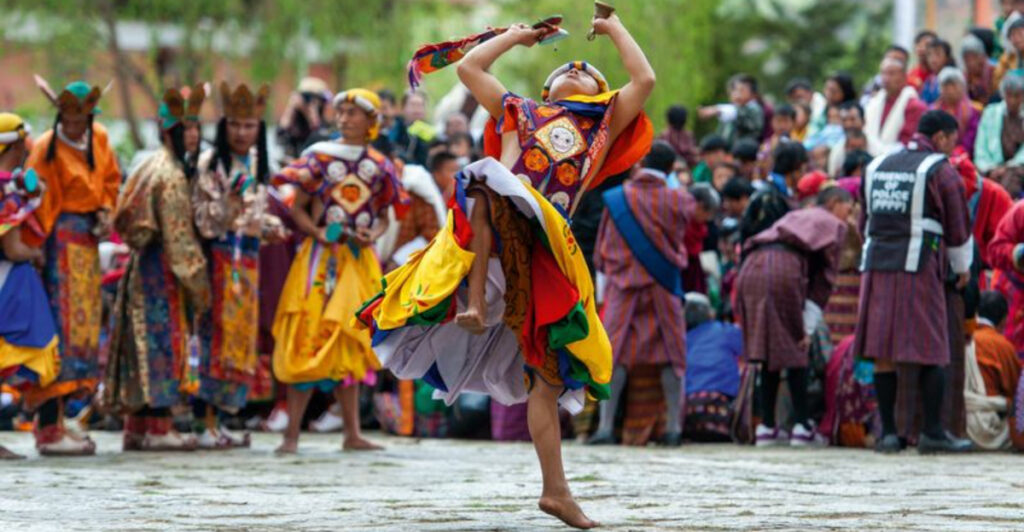Bhutan remains one of the world’s most mysterious and carefully protected destinations. This small Himalayan kingdom operates differently from anywhere else on Earth, measuring success through happiness rather than money. Understanding these hidden aspects of Bhutanese culture and travel will help you experience the country like few visitors ever do.
1. Most Travelers Must Book Through Licensed Tour Operators
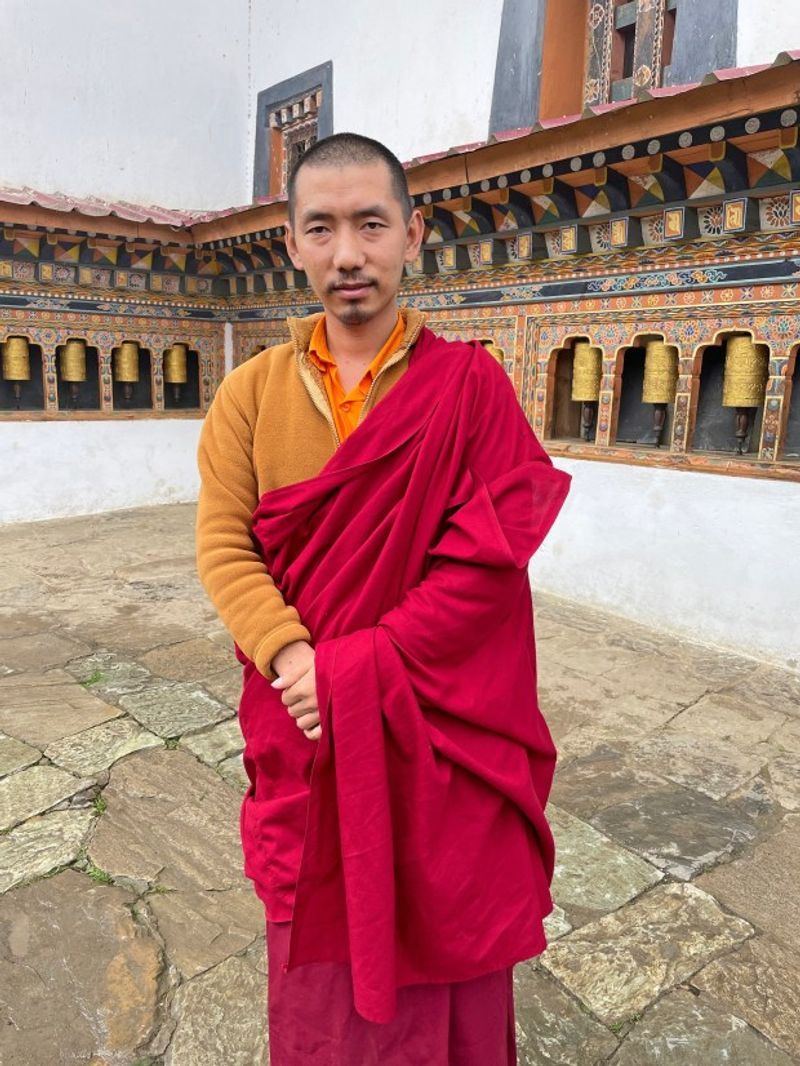
Independent backpacking doesn’t exist in Bhutan for most visitors. Unless you hold a passport from India, Bangladesh, or the Maldives, you must arrange your trip through a government-licensed tour operator.
This requirement isn’t meant to limit your freedom but to protect Bhutan’s delicate culture and environment. Your tour operator becomes your cultural bridge, helping you understand local customs and ensuring you visit places respectfully.
Many travelers initially resist this structure but discover it creates deeper, more meaningful experiences than typical independent travel ever could.
2. The Daily Fee Funds Free Healthcare and Education

Bhutan’s Sustainable Development Fee isn’t just another tourist tax designed to fill government coffers. Every dollar you pay directly supports free healthcare and education for all Bhutanese citizens, regardless of their income level.
Your contribution also funds infrastructure improvements and environmental conservation projects throughout the kingdom. Roads, bridges, and protected forest areas benefit from tourism revenue in measurable ways.
Knowing your travel dollars create lasting positive impact makes every expense feel worthwhile. You’re not just visiting Bhutan; you’re actively supporting its people’s wellbeing and future prosperity.
3. Gross National Happiness Replaces Economic Measurements
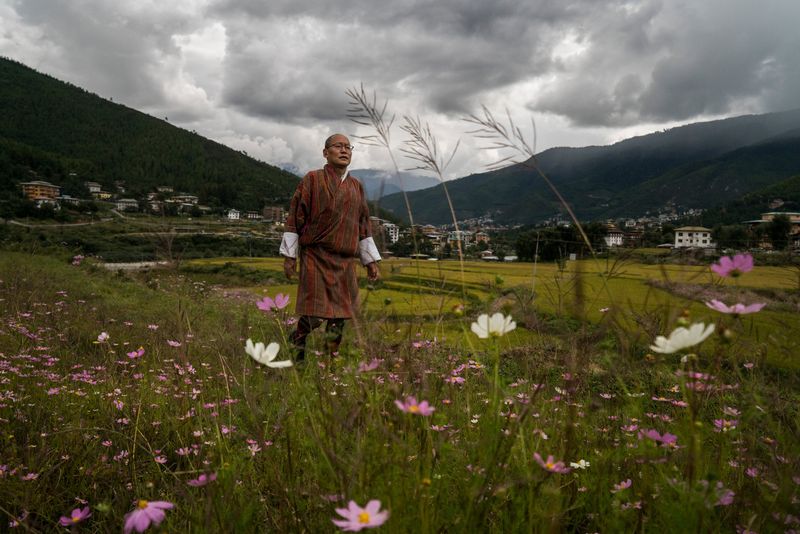
While other countries obsess over GDP growth, Bhutan measures success through Gross National Happiness, a revolutionary approach to national development. This philosophy prioritizes spiritual values, environmental conservation, cultural preservation, and good governance over pure economic gain.
You’ll notice this difference immediately in the relaxed pace of daily life and the genuine contentment visible on people’s faces. Stress levels feel dramatically lower than in typical tourist destinations.
Community-driven values shape every interaction, creating an atmosphere where helping others takes precedence over personal profit or rushing through daily tasks.
4. Homestays Offer Authentic Cultural Immersion
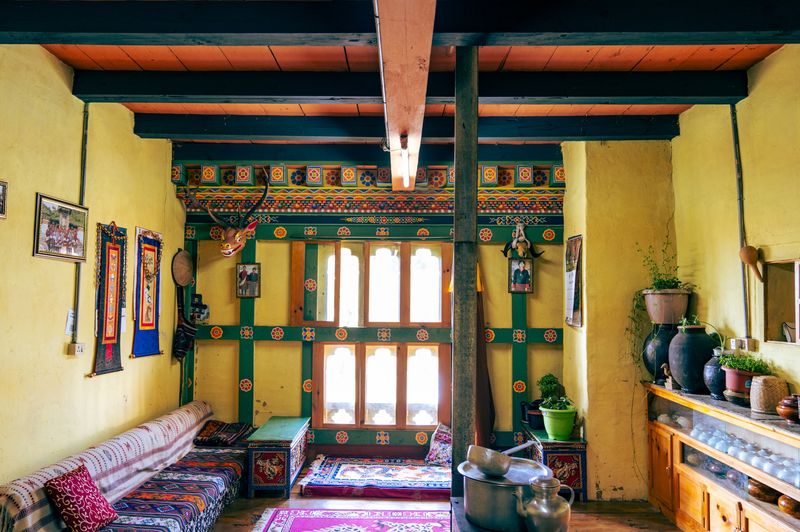
Hotels provide comfort, but homestays with Bhutanese families offer something infinitely more valuable: genuine insight into daily life, traditions, and the warmth of legendary Bhutanese hospitality.
Your host family will likely insist you try homemade ema datshi, the beloved chili and cheese stew that appears at nearly every meal. Prepare for spice levels that might challenge even experienced heat lovers.
Evening conversations around the family altar, participation in daily prayers, and learning traditional crafts create memories that luxury accommodations simply cannot match. These personal connections often become lifelong friendships.
5. Weather Changes Dramatically With Elevation
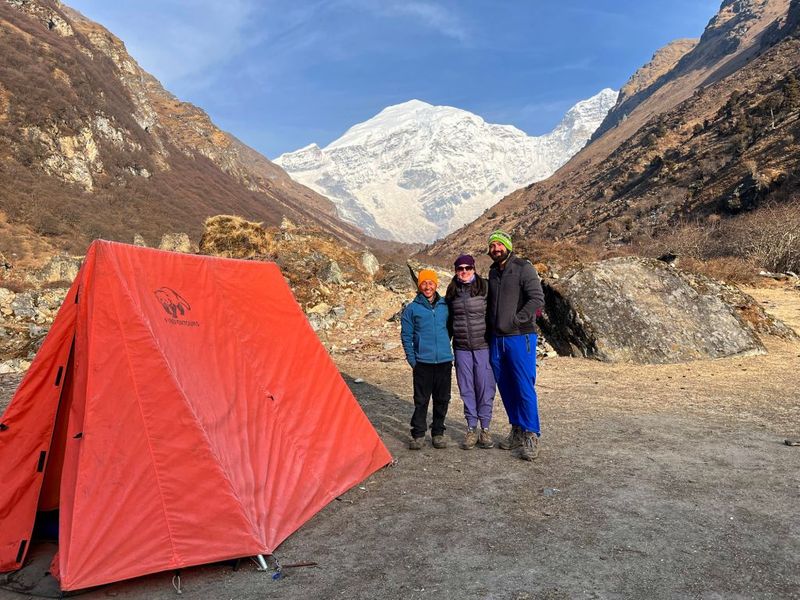
Bhutan’s extreme elevation changes create wild weather variations that can catch unprepared travelers completely off guard. Morning sunshine at lower elevations can quickly turn into snow and freezing temperatures at mountain passes.
Pack layers for every possible climate condition, even during single-day excursions. Waterproof jackets, warm fleeces, and sun protection all prove essential within the same 24-hour period.
Flexibility becomes your greatest asset when weather shifts unexpectedly. Embrace these changes as part of Bhutan’s natural drama rather than viewing them as inconveniences to endure.
6. Tiger’s Nest Monastery Challenges Even Fit Hikers
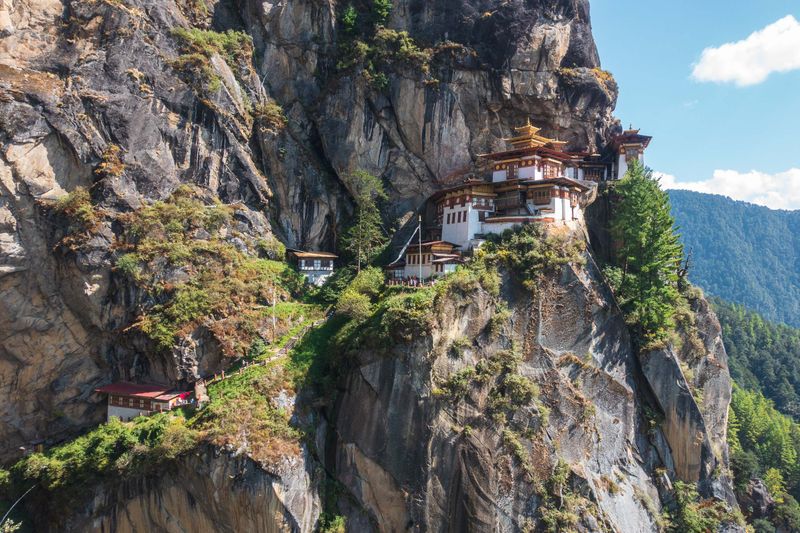
Paro Taktsang, famously known as Tiger’s Nest, clings impossibly to a cliff face and demands serious physical effort to reach. The steep climb at high altitude leaves many visitors gasping for breath and questioning their fitness levels.
Start early to avoid crowds and bring more water than you think necessary. The thin mountain air makes every step more challenging than similar hikes at sea level.
Take frequent rest stops and don’t rush the ascent. The monastery’s spiritual significance and breathtaking architecture make every difficult step worthwhile, but only if you arrive safely and can appreciate the experience.
7. Prayer Flags Carry Sacred Spiritual Significance

Colorful prayer flags fluttering across Bhutan’s landscape aren’t decorative elements placed for tourist photos. Each flag carries sacred mantras and prayers that believers say are carried on mountain winds to benefit all living beings.
Never touch, move, or rearrange prayer flags, even if they seem perfectly positioned for your ideal photograph. Local people consider this deeply disrespectful to their spiritual practices.
Observe these beautiful displays from a respectful distance and appreciate their profound meaning. The flags’ weathering and eventual decay represent the impermanence that lies at the heart of Buddhist philosophy.
8. Religious Festivals Create Life-Changing Experiences
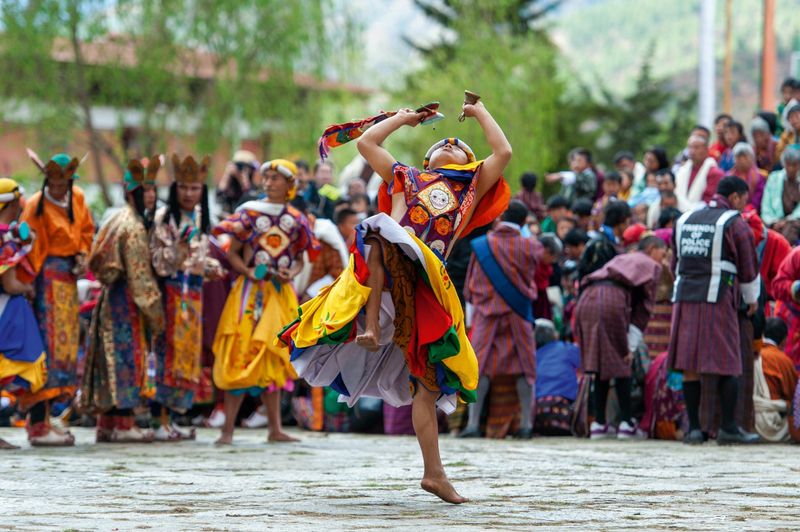
Timing your visit around a local tsechu festival transforms an ordinary trip into an extraordinary spiritual and cultural immersion. These religious celebrations feature masked dances, traditional music, and blessings that locals believe bring good fortune.
Paro Tsechu draws international attention, but smaller village celebrations offer more intimate experiences with fewer crowds and deeper local connections. Families welcome visitors to share traditional foods and explain ceremonial meanings.
The infectious joy and spiritual devotion displayed during these festivals often moves visitors to tears. Many describe tsechus as among the most meaningful experiences of their entire lives.
9. Zero Traffic Lights Create Surprisingly Smooth Flow
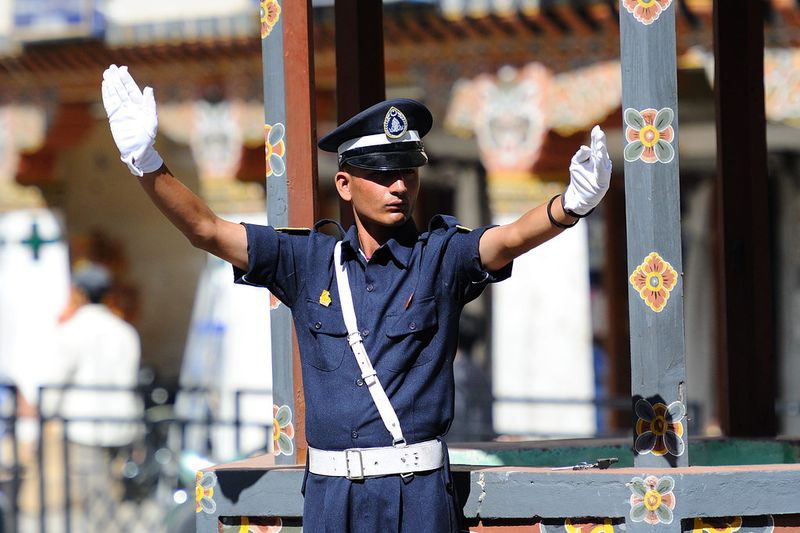
Bhutan holds the unique distinction of being the only country on Earth without a single traffic light. In Thimphu, the capital city, elegantly dressed traffic police direct vehicle flow with graceful hand gestures and traditional authority.
This system works remarkably well, creating smoother traffic patterns than many cities with sophisticated electronic systems. Drivers show patience and courtesy that reflects Bhutan’s overall low-stress cultural approach.
Watching these officers work becomes entertainment in itself. Their traditional attire and dignified presence represent Bhutan’s successful blend of modern needs with cultural preservation values.
10. Archery Competitions Showcase National Pride
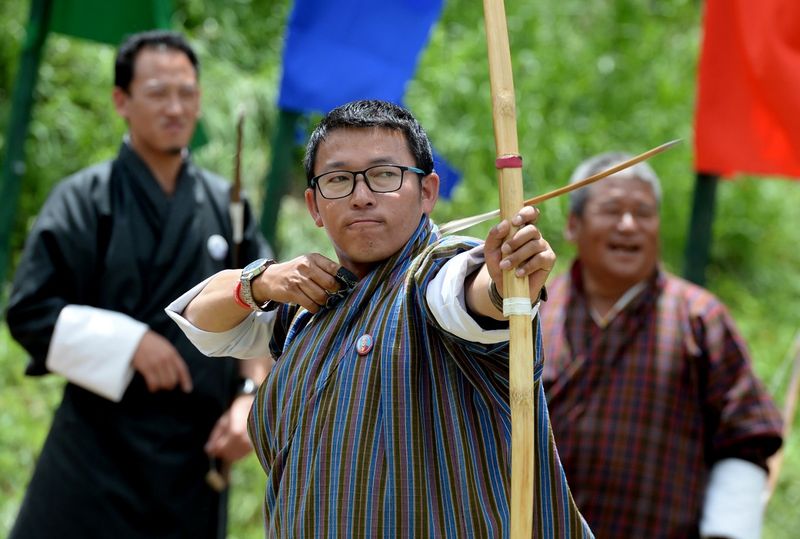
Archery isn’t just Bhutan’s national sport; it’s a joyous celebration of community spirit, friendly competition, and cultural pride. Attending a match reveals the playful, competitive side of typically reserved Bhutanese personalities.
Expect singing, dancing, and good-natured trash talk between opposing teams. Players wear traditional clothing and use bamboo bows, maintaining connections to ancient hunting and warrior traditions.
The infectious enthusiasm and camaraderie displayed during these events provides insight into Bhutanese values of community and shared enjoyment. Visitors often find themselves cheering loudly despite not understanding the finer rules.
11. Carbon-Negative Status Sets Global Environmental Example
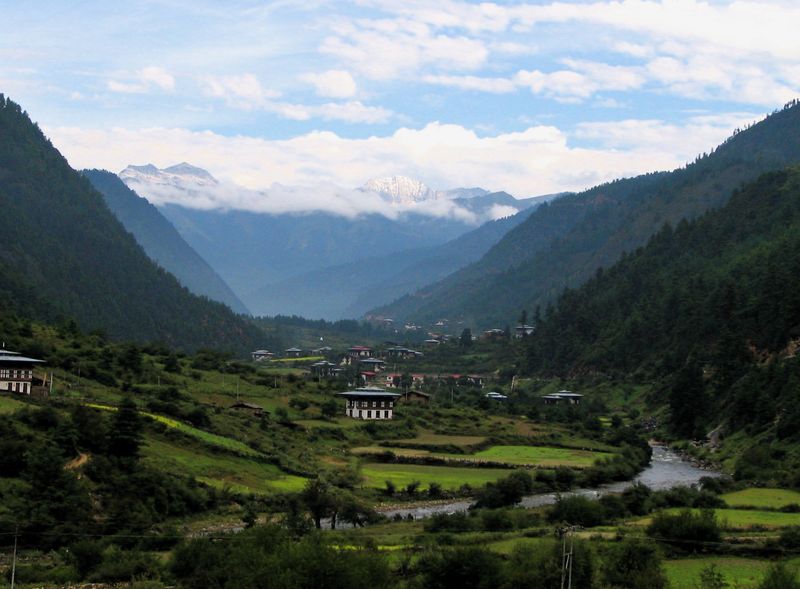
Bhutan absorbs more carbon dioxide than it produces, making it the world’s first carbon-negative country. Constitutional law mandates maintaining at least 60% forest coverage, ensuring environmental protection takes precedence over economic development.
Plastic use remains minimal throughout the kingdom, and renewable energy powers most communities. Hydroelectric plants generate clean electricity while respecting natural water systems.
This environmental leadership demonstrates that small nations can create significant global impact through committed policies. Bhutan proves that economic development and environmental protection can coexist successfully when properly planned and implemented.
12. Dzongs Function as Active Government and Religious Centers
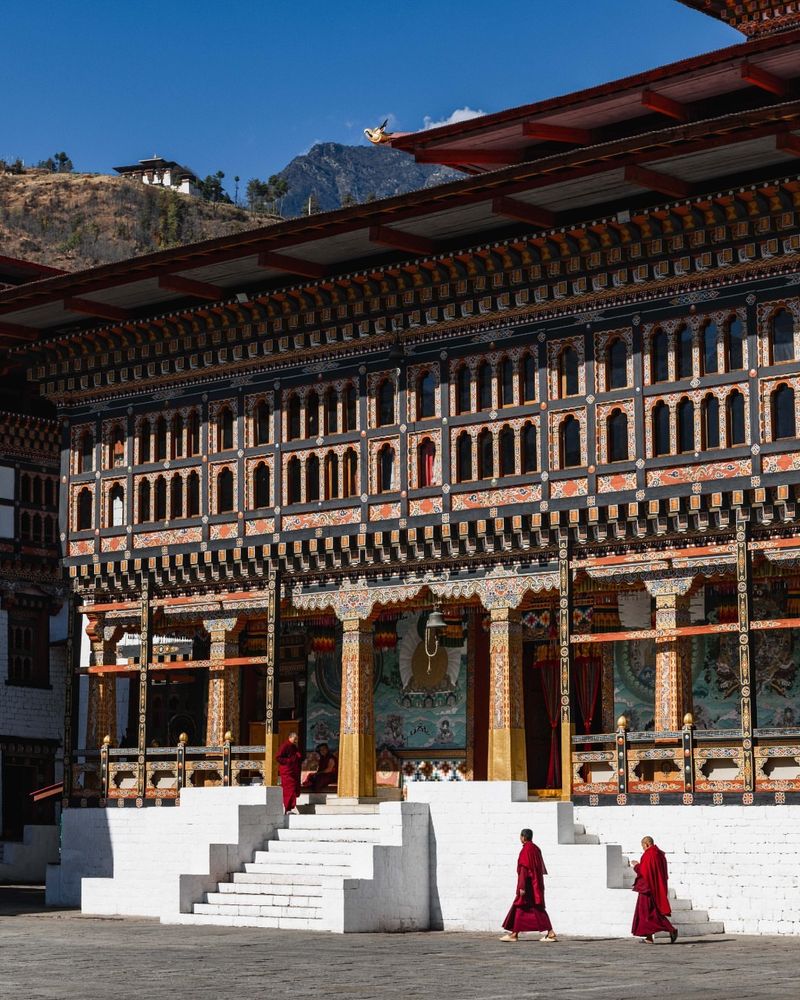
Massive fortress-monasteries called dzongs aren’t merely historical tourist attractions. These impressive structures house active government offices and serve as centers for ongoing religious ceremonies and community gatherings.
Dress modestly when entering these sacred spaces, covering shoulders and knees completely. Remove shoes and hats before crossing thresholds, and maintain respectful silence in prayer areas.
Government officials conduct daily business in the same buildings where monks perform ancient rituals. This integration of spiritual and administrative functions reflects Bhutan’s unique approach to governance and community organization.
13. Personal Transformation Becomes Inevitable
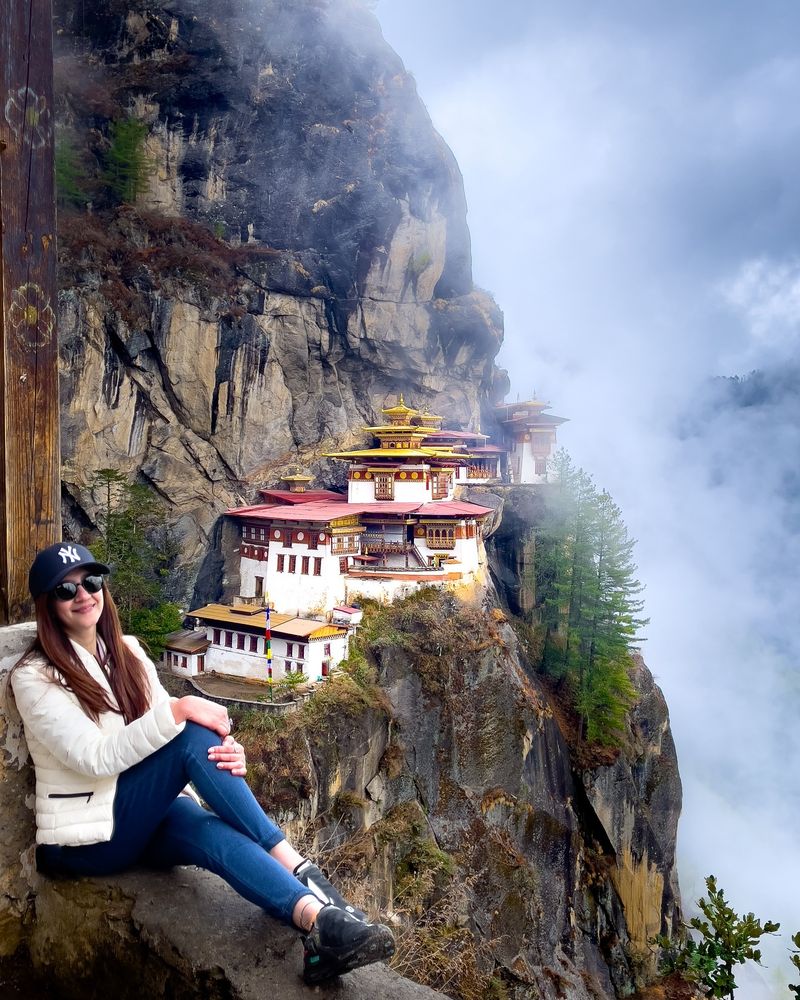
Something profound happens to visitors in Bhutan that extends far beyond typical vacation experiences. Whether it’s the pristine natural beauty, the genuine kindness of local people, or the pervading sense of inner peace, this kingdom changes perspectives permanently.
Many travelers report feeling calmer and more content long after returning home. The Bhutanese approach to happiness and life balance provides practical lessons for reducing stress and finding satisfaction.
Your worldview on travel, success, and personal fulfillment will likely shift in ways you never expected. Bhutan has a unique ability to help visitors rediscover what truly matters in life.

